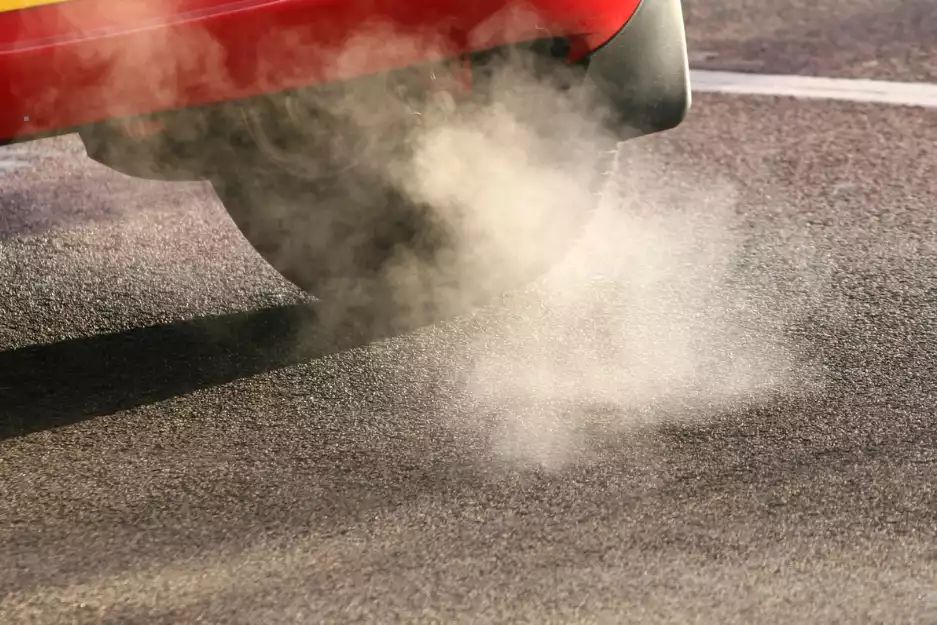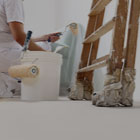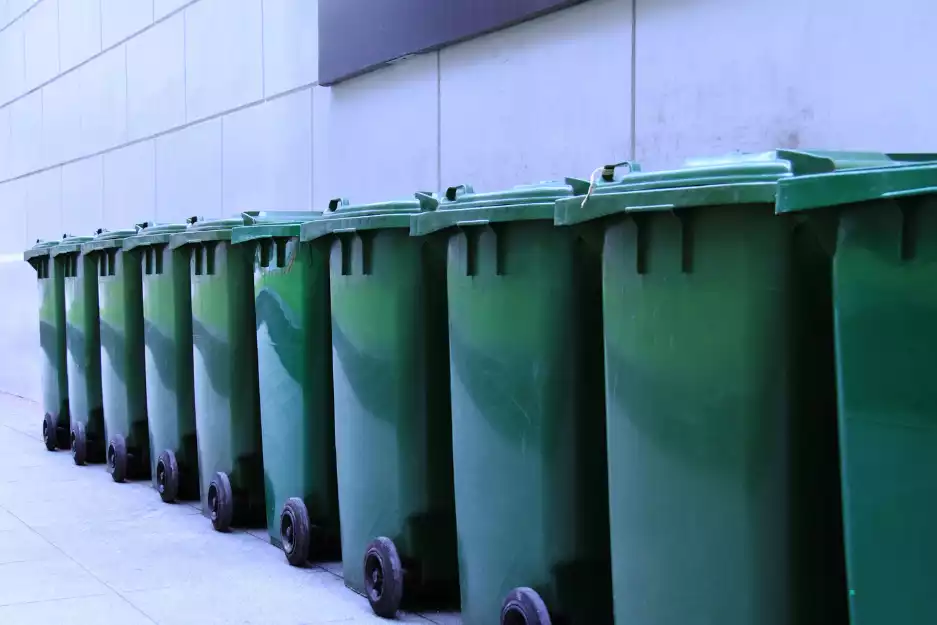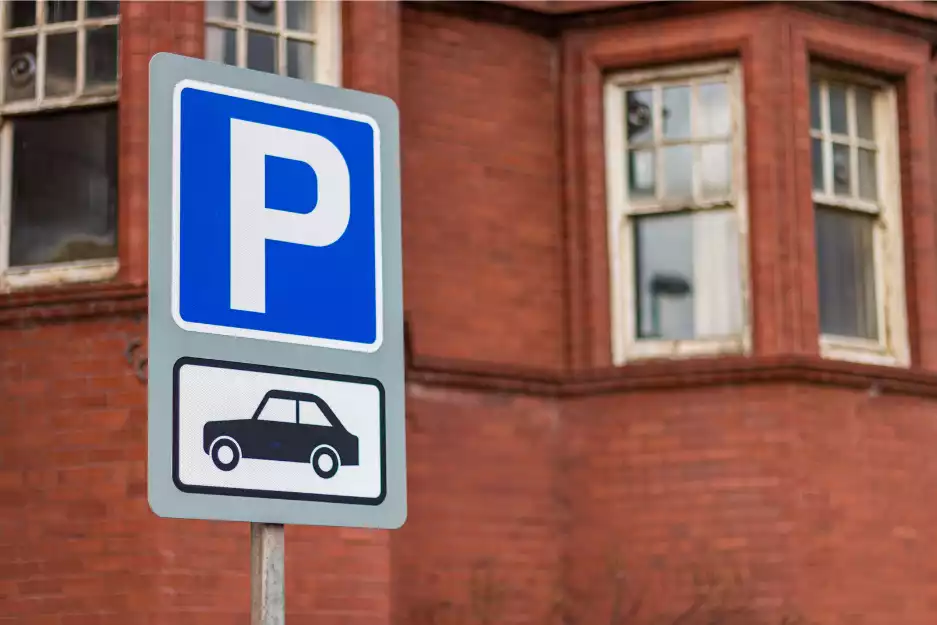-
AllAnytime Fitness Gym Art Beer Of The Week Blog Bus Fares Bus Service Business Business Expo C2C Care Care Home Charity Children Christmas Cinema City Status Cliffs Pavilion Cliffs Pavilion Review Cocktail Recipes College Community Competition Construction Coronation Coronavirus Dannielle Emery Design Easter Education Electoral changes Leigh on sea Emma Smith Employment Emsella Chair Environment Essex & Suffolk Water News Essex Police Essex Wildlife Trust News Events Family Fun Fashion Festival Film Finance Fitness Food Food & Drink Football Foulness Bike Ride Fresh Face Pillow Company Gardening General Election Hair & Beauty Halloween Harp Havens Havens Hospice Havens Hospices Havens Hospices Health & Fitness Health & Beauty Health & Fitness Healthwatch Southend Historicaleigh History Holidays Housing Indian Indirock Jubilee Karen Harvey Conran Kids Kids Blogs Kids Competitions Kids Reviews Lazydays Festival Legal Legal Eagle Leigh Art Trail Leigh Folk Festival Leigh Library Leigh On Sea Finds Leigh Road Leigh Town Council Leigh Town Council Press Release Leigh on Sea Leigh on Sea Sounds Leigh on sea Folk Festival Leigh on sea Marathon Leigh on sea Town Council Leigh on sea man breaks marathon record Leigh on sea news Lifestyle Livewell Southend Press Release LoS Shop London London Southend Airport Los Shop Marathon Melinda Giles Mortgage Angel blog Mortgages Motherofalloutings Mughal Dynasty Music My Mortgage Angel MyLoS NHS News News Newsletter Offers Outfit Of The Week Palace Theatre Parenting Parking Pets Picture Of The Week Pier Politics Press Release Press Release Southend City Council Professional Property Property Of The Week RSPCA Ray Morgan Re:loved Recipes Recycling Restaurant Restaurant Review Restaurants Review Roads Rotary Club Royal Hotel Royal Visit SAVS Schools Seafront Shopping Shows & Music Review Shows & Music Shows & Music Review Southend Southend Airport Southend Borough Council Press Release Southend City Bid News Southend City Council Southend City Council Press Release Southend City Council Press Release Southend Community Safety Southend Hospital News Southend In Sight Southend In Sight Southend In Sight Press Release Southend on Sea Sport The Mortgage Mum The One Love Project The Ship Hotel Theatre Theatre Blog Theatre Review Theatre review Transport Travel Travel Veolia Village Green Volunteer Weddings Whats On c2c
Southend-on-Sea City Council launches new initiatives in schools to improve air quality and promote healthier communities

Southend-on-Sea City Council is encouraging pupils, teachers, parents and residents to continue to make small changes to their daily routines to promote better air quality and support new initiatives being launched in city schools.
As part of the council’s commitment to improving air quality across Southend, the council started working with 11 schools last year on an innovative two-year Clean Air Schools Project thanks to a £256,285 grant from the Department of Environment, Food and Rural Affairs (DEFRA).
In the first year the government's air quality grant was used to purchase air quality monitoring equipment to help develop knowledge about local pollution and consider interventions that could improve air quality and reduce pupil exposure to pollution.
All 11 schools involved in the project have already had the monitoring equipment installed for three months during the first year to collect air quality data. The equipment will be reinstalled to monitor air quality over the coming months, following the installation of mitigation measures including air purifiers, to assess any reduction in pollution concentrations.
In addition, new project initiatives are planned to encourage everyone to take simple steps to protect their health, and their families’ health, from air pollution, including:
Anti-idling signage will be installed in all 11 schools to help raise awareness of the damaging impact that air pollution from idling driving can cause. The Anti-Idling campaign will also be visible across the city. More information about this is available to encourage residents to consider the impact their car journeys and driving behaviours have on the environment: Anti-idling – Air quality – Southend-on-Sea City Council A ‘living green wall’ will be installed later this year in St. Mary’s School, Prittlewell. This installation will act as a natural air filter, trapping airborne pollutants and particles, resulting in cleaner and healthier air for everyone. It will also reduce concentrations of air quality pollutants between the road and the playgrounds and school buildings.
Councillor Lydia Hyde, cabinet member for climate, environment and waste, said: “It’s really encouraging to see the Clean Air Schools Project is being embraced by local schools as it means we can determine where there are harmful levels of air pollution and devise specific interventions especially in and around schools along the A127 and A13.
“Students now have a better understanding of air pollution, following the activities from last year, and what they can do about it, and have been involved in the new initiatives.
“I’m particularly pleased that we’re launching an anti-car idling campaign, as this will significantly improve air quality in our city, and the installation of a ‘living green wall’ at one of our schools is exactly the type of innovation we need to adopt to protect our children’s lungs.”
Councillor Maxine Sadza, cabinet member for social care and healthier communities, added: “Cleaning up our air is good for us in many ways: it not only benefits our physical health and the environment but can also protect our mental and brain health. The physical health impacts of air pollution, such as asthma, heart disease and cancers, have been recognised for decades. More recently, researchers are beginning to understand how air pollution can affect the brain and the mind.”
ADD A COMMENT
Note: If comment section is not showing please log in to Facebook in another browser tab and refresh.
























